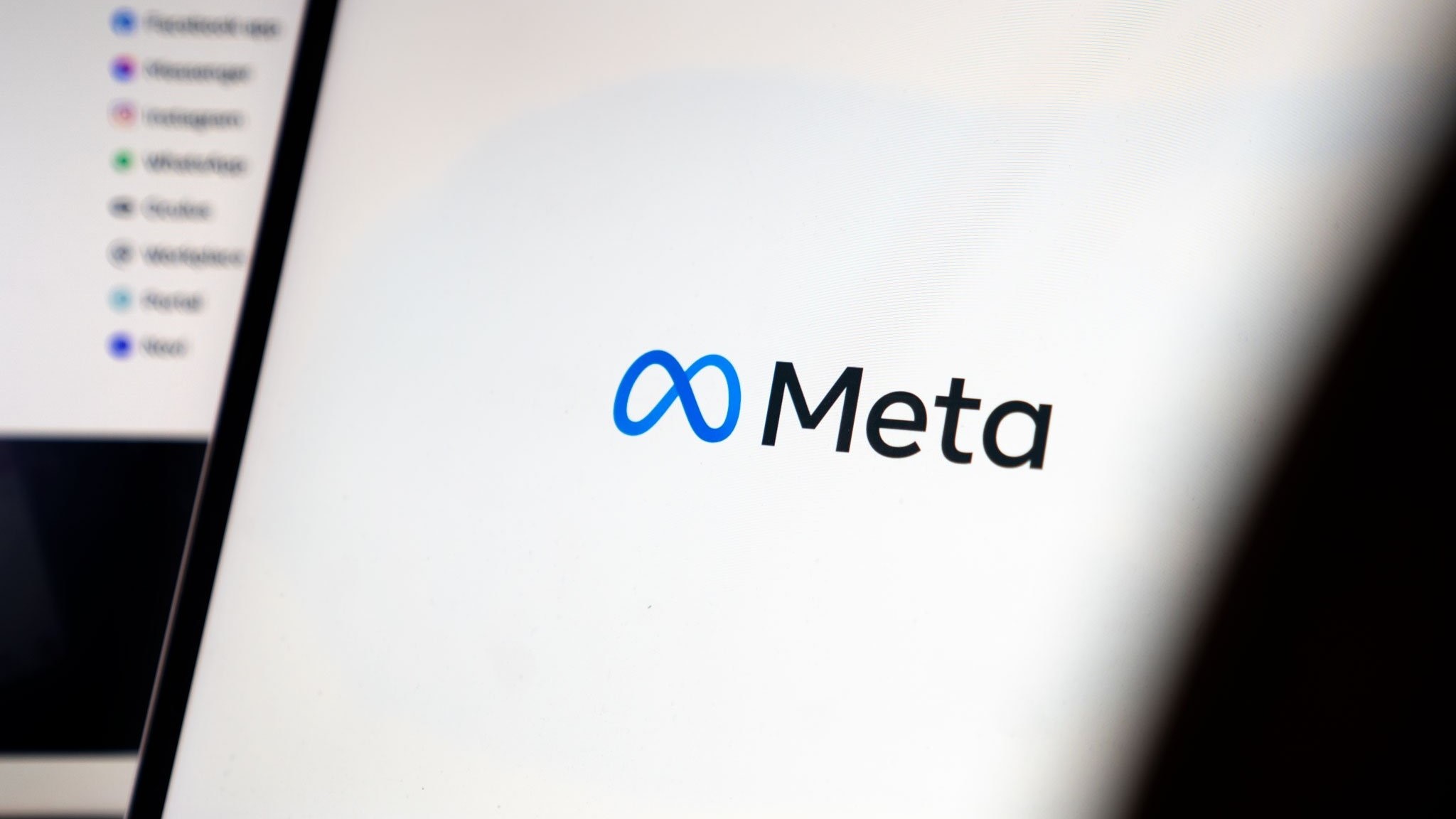Forget AI chatbots, Meta is aiming for something way bigger
Meta sets its sights on open source 'artificial general intelligence.'

Get the latest news from Android Central, your trusted companion in the world of Android
You are now subscribed
Your newsletter sign-up was successful
What you need to know
- Meta is merging its AI research teams, FAIR and GenAI, to build an artificial general intelligence (AGI), described as human-level AI.
- CEO Mark Zuckerberg provided insights into Meta's AI efforts, highlighting the creation of a substantial computing infrastructure.
- By the end of 2024, Meta aims to have a massive array of computing power, with 350,000 Nvidia H100s, making it one of the largest AI computing capacities globally.
Meta CEO Mark Zuckerberg is steering the company towards developing artificial general intelligence (AGI) and plans to release it as open-source software.
Zuckerberg disclosed Meta's AGI pursuit in a Threads video, emphasizing the long-term vision of developing the next-generation AI, responsibly open-sourcing it, and making it widely accessible for everyone's benefit.
This kind of AI is often called human-level AI. Meta decided to merge two of its AI teams, FAIR and GenAI, to develop AGI and share it with the world by making it open source.
Zuckerberg said in the video that the ambitious goal is to enhance various AI services, including assistants, tools for creators, and business applications. He noted that these areas require advancements in reasoning, planning, coding, memory, and cognitive abilities.
However, when it comes to its capabilities, there seems to be no solid definition of what it can do or a clue about when it will be available.
"I don’t have a one-sentence, pithy definition," Zuckerberg told The Verge. "You can quibble about if general intelligence is akin to human-level intelligence, or is it like human-plus, or is it some far-future super intelligence. But to me, the important part is actually the breadth of it, which is that intelligence has all these different capabilities where you have to be able to reason and have intuition."
To make this happen, Zuckerberg revealed that Meta is preparing to amass a boatload of computing power by the end of 2024. We're talking 350,000 Nvidia H100s, and if you toss in some other GPUs, we're looking at a whopping 600,000 H100 equivalents.
Get the latest news from Android Central, your trusted companion in the world of Android
Zuckerberg said Meta is currently putting Llama 3 through the wringer, and it's got some nifty code-generating skills. According to him, the AGI obsession at Meta got a boost from the release of Llama 2, its large language model that arrived last year.
Meta's chief also teased a fresh platform that's on the horizon, giving anyone the power to craft their own AI characters and share them all over Meta's social apps. Zuckerberg pitched the idea that these AIs might even be able to post on Facebook, Instagram, and Threads on your behalf.

Jay Bonggolto always keeps a nose for news. He has been writing about consumer tech and apps for as long as he can remember, and he has used a variety of Android phones since falling in love with Jelly Bean. Send him a direct message via X or LinkedIn.
